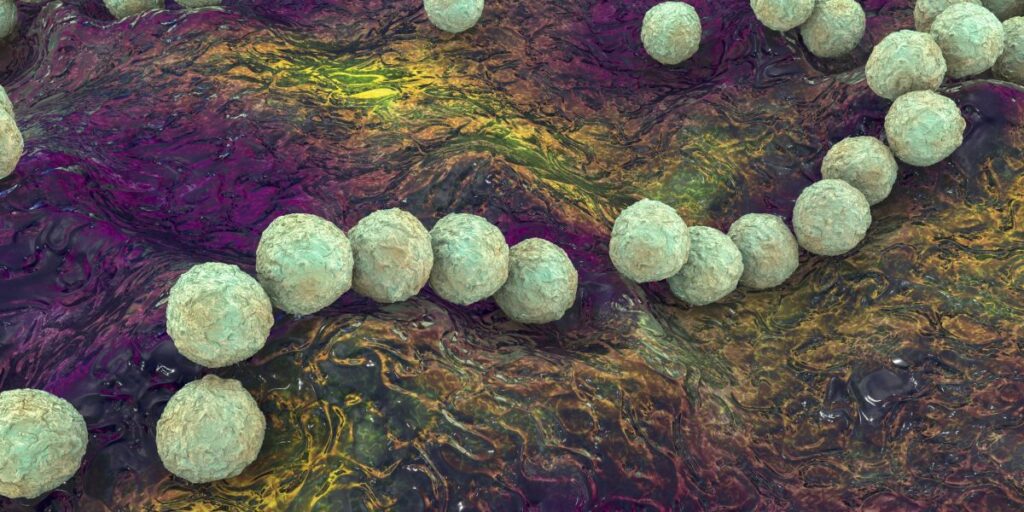
An illness caused by a rare “flesh-eating bacteria” that can kill within 48 hours is spreading in Japan after it eased coronavirus-era restrictions.
As of June 2, there have been 977 cases of streptococcal toxic shock syndrome (STSS) this year, up from the record 941 cases reported all of last year, according to the National Institute of Infectious Diseases. The incidence of the disease has been tracked since.
Group A Streptococcus (GAS) commonly causes swelling and sore throat in children, known as “strep throat,” but certain types of bacteria may cause symptoms to develop rapidly, including pain and swelling in the extremities, fever, low blood pressure, Symptoms necrosis, respiratory problems, organ failure, and death may follow. People over 50 are more likely to develop the disease.
“Most deaths occur within 48 hours,” said Ken Kikuchi, a professor of infectious diseases at Tokyo Women’s Medical University. “Once a patient notices swelling in their feet in the morning, it will extend to the knees by noon, and death will occur within 48 hours.”
Other countries have also experienced recent outbreaks. At the end of 2022, at least five European countries reported to the World Health Organization an increase in cases of invasive group A Streptococcus (iGAS), including STSS. The World Health Organization says the number of cases has increased since coronavirus restrictions ended.
Kikuchi said that at the current infection rate, the number of cases in Japan could reach 2,500 this year, with a mortality rate of a “terrible” 30%.
Kikuchi urged people to maintain hand hygiene and treat any open wounds. He said patients may carry gas in their intestines and may contaminate their hands through feces.

